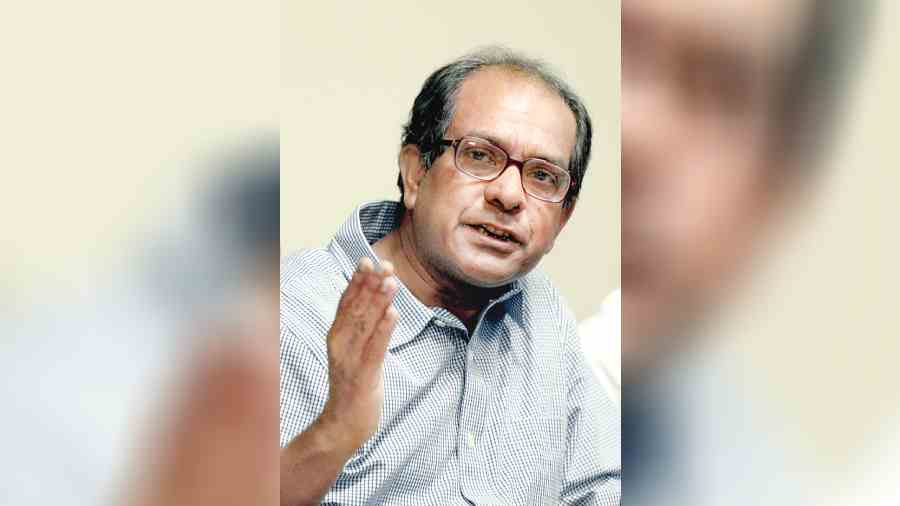The higher education department has formed a six-member committee to “explore the possibility and identify the higher educational institutions” where a four-year undergraduate programme can be introduced in compliance with the National Educational Policy (NEP) 2020.
A notice signed by a special secretary in the education department says a committee has been constituted under the chairmanship of Suranjan Das, interim vice-chancellor of Jadavpur University, to “explore the possibility…” of implementation of “new curriculum and credit framework”.
Under the choice-based credit system curriculum introduced in 2015, all universities — affiliating as well as unitary — provide honours degrees after three years.
Other than Das, the committee has the vice-chancellors of three state universities and two officials of the West Bengal State Council of Higher Education as members.
“The committee shall submit their report to the state government through the West Bengal State Council of Higher Education within four weeks from the date of issuance of this notification (March 27),” the notification says.
VC Das was part of an expert committee formed in Bengal in the first week of April last year to examine the NEP. That committee submitted its report earlier this year.
The department announced the constitution of the committee headed by Das days after it wrote to all state-aided universities “to take appropriate steps” for the introduction of the four-year undergraduate programme from the forthcoming academic session.
Asked why Das was asked to lead the committee, an official of the department said: “Apart from being a member of the expert committee (set up last year), professor Das is president of the Association of Indian Universities. He is aware of all the details related to the issue. A committee under his chairmanship will be best placed to suggest the scope of the implementation (of the four-year UG programme).”
Education minister Bratya Basu had earlier told The Telegraph in a text message: “Our issue with the UGC had been to provide suitable fund support to ensure its (four-year UG programme) implementation by all higher education institutions (HEI) as it may require Physical/Human resource upgradation. Else, only HEIs having sufficient infrastructure like Jadavpur and Calcutta, will be able to implement.”
Basu said the UGC’s circular on the new curriculum was silent on funds provision.
A senior official in the education department said implementation of the new curriculum posed a challenge to colleges in districts that lack adequate infrastructure.
Syamalendu Chatterjee, general secretary of the All Bengal Principals’ Council, said: “The UGC regulation says departments offering a four-year UG degree (honours with research) course must have the required infrastructure such as computer labs and software, laboratory facilities to carry out experimental research and at least two permanent faculty members who are recognised as PhD supervisors. If the Union government does not provide adequate funds, how will the facilities be upgraded?”
The principal of a college who did not want to be named said: “The state government does not provide adequate funds under the non-salary grant because it is facing a funds crunch. Established institutions like Jadavpur University and RKM colleges are reaching out to their alumni for funds to develop infrastructure. We hope the (Das-headed) committee will take note of the challenges.”
